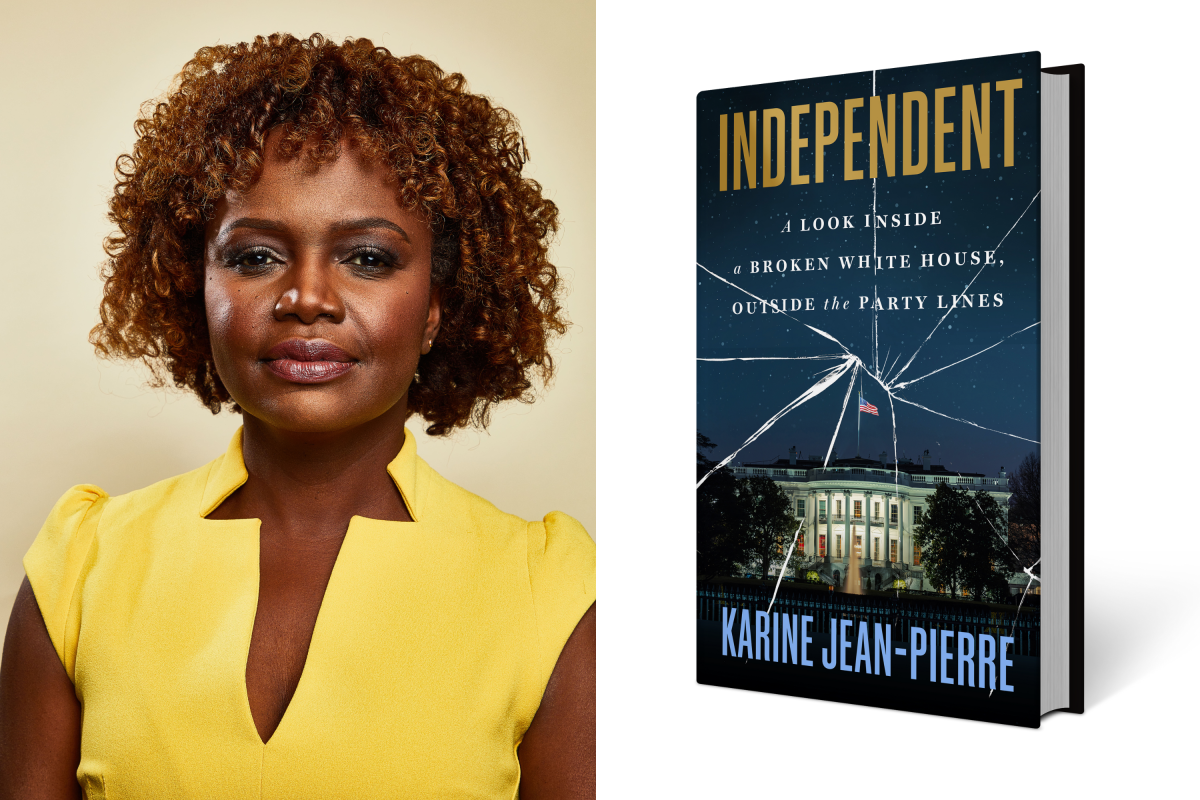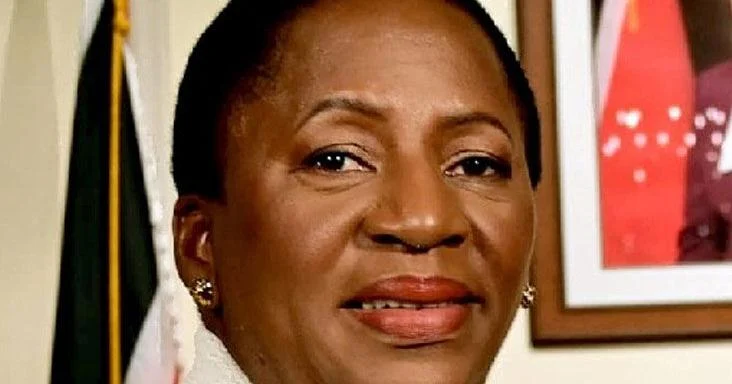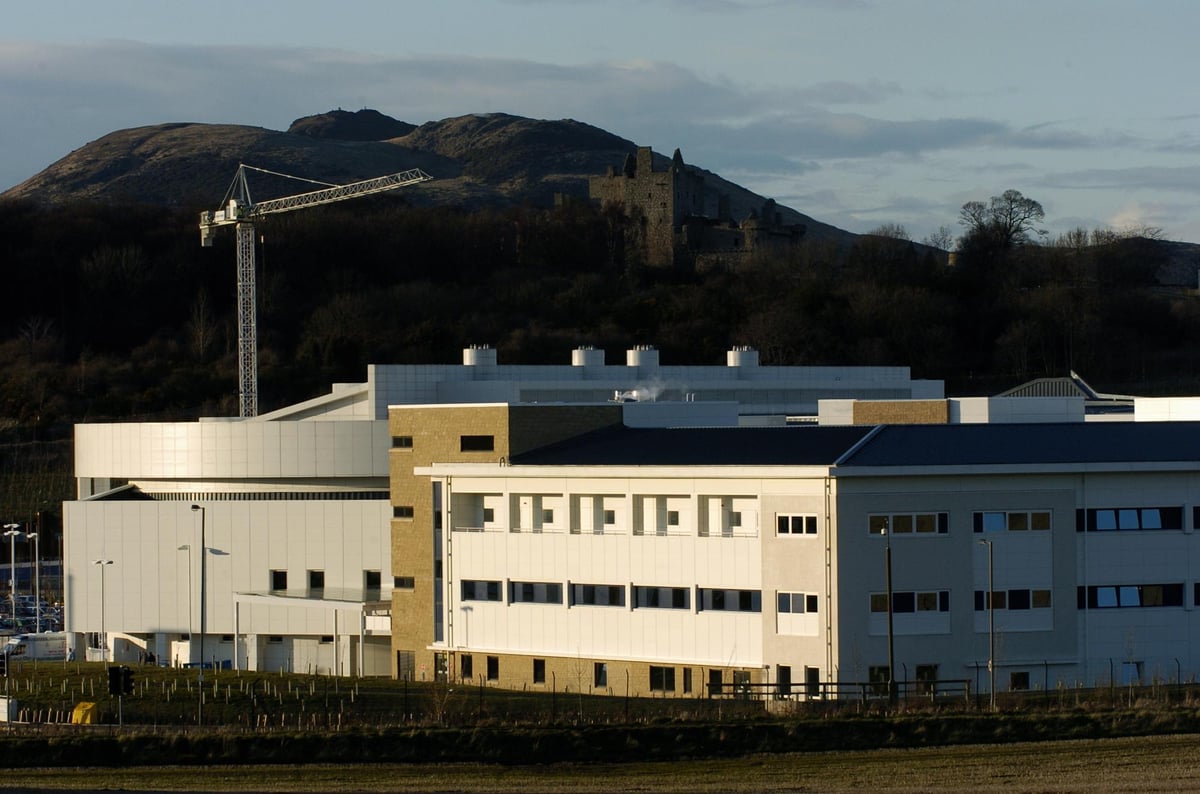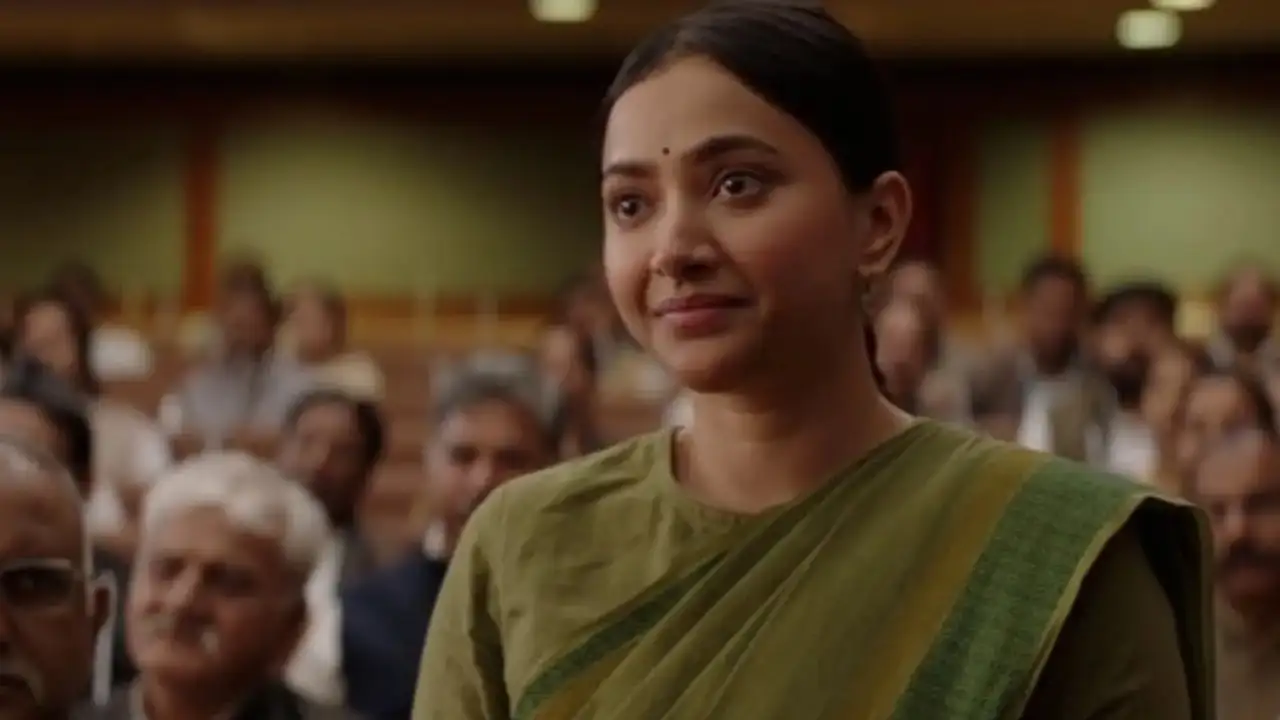Copyright Hartford Courant
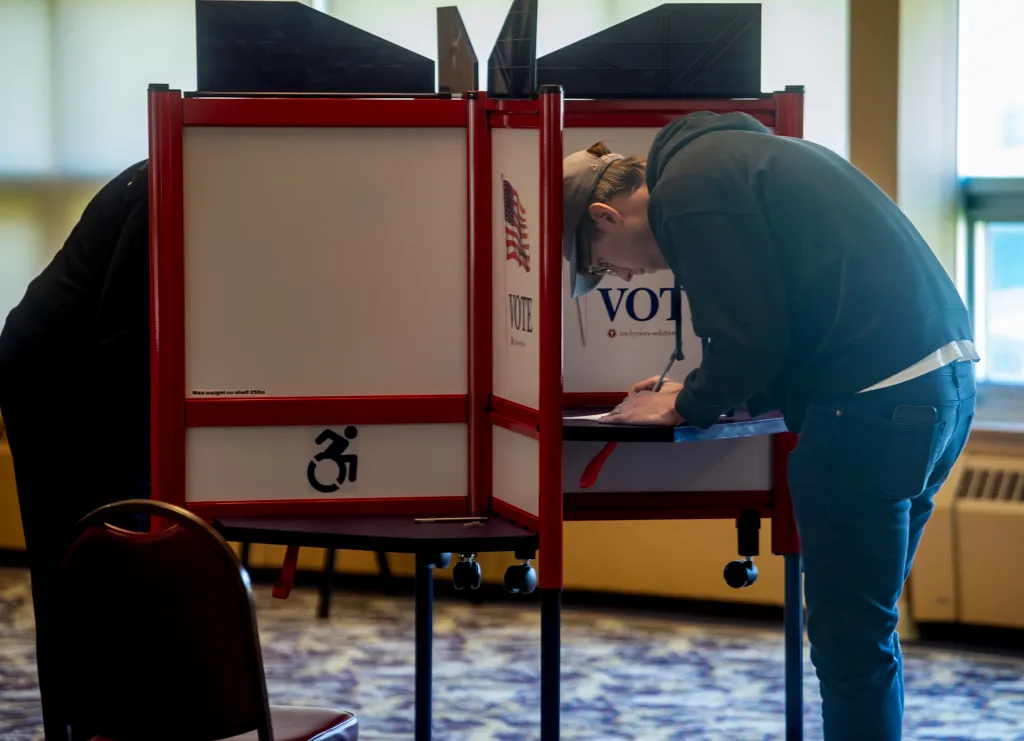
Voters headed to the polls Tuesday in all but one of Connecticut’s 169 towns and cities, drawn by hot-button local races and issues, many casting their ballots with an eye also focused squarely on the country’s deep political divisions. “I think it’s very important to vote every year but especially right now with the political climate the way it is, everyone’s geared up and anxious about things,” Katherine Cody, a Glastonbury resident, said, after voting at the town’s Hebron Avenue School. “So now, it’s really important, especially voting local because that’s where things start and move nationally after that.” Municipal elections typically don’t draw voter participation as strong as federal elections. According to state officials, the recent municipal average of about 33% turnout compares with the average presidential year turnout of 78% when voters are highly engaged in the future direction of the country. The only town sitting out Tuesday’s election was Union, on the Massachusetts border, which had conducted its election in May. Some voters said Tuesday that local races — contests for mayor, first selectman, school board, zoning appeals boards and other offices — get voters thinking about their town or city because those decisions have most direct affect on town services, what property owners pay for them and the quality of life. Those issues were top of mind for Waterbury resident Jamie Rodriguez who said her vote Tuesday was driven by the city’s school system. “I have kids in the public school system, and there’s a lot of good, and there’s a lot of room for improvement, Rodriguez said. “I was also thinking about community support overall. How are we supporting our city and businesses and families that live here?” Jeff Vargo, a property manager, had a similar assessment after casting his ballot in Orange Tuesday, saying he thinks local elections have voters thinking about local issues. “I think it is keeping the integrity and character of the town,” Vargo, 69, said, at the Orange Community Center polling place. He noted what he characterized as great schools, low taxes and being “still a small-town community.” “We are still that town that you want to come to,” Vargo said. “People don’t want to see any major changes.” Democrat GG Cabrera, a candidate for the Town Plan and Zoning Commission in Orange, said she has heard from residents that they “want to be listened to and feel like they have input in the town.” “An easier communication process (going) both ways. Bridging the communication gap for all ages,” Cabrera said. Cabrera said she ran because she believes zoning is a very important issue in the town and state. She said she would like to see more support for businesses, which “benefits us as taxpayers,” and efforts to keep business sites filled. “Filling some big ones would be helpful,” Cabrera said. “More local businesses keep people in town working.” Tuesday’s elections also drew out residents on major local issues, such as a ballot question in Glastonbury on whether the town should outlaw the use of artificial turf. Rising property taxes also emerged Tuesday as a prime concern in towns and cities across the state. PHOTOS: Election Day in Connecticut “It’s crazy the way things have been going with taxes,” Glastonbury resident David Charbonneau said. “I worked hard my whole life, had a place for 34 years and now I’m disabled. I’m on a fixed income. The taxes for my house are killing me. I’m lucky that I’ve been able to stay there so far. If the taxes keep going up, I might not be able to.” ‘It does trickle down’ In East Granby, voting was steady early Tuesday with more than 100 showing up to the polls and 730 people already casting their ballots in early voting. In the small town of just under 5,300 residents, two-term Republican first selectwoman Eden Wimpfheimer is fighting to keep her seat against Democratic newcomer Jason Hayes. The Community Center on Center Street buzzed with numerous activity as voters showed up to vote. Asked if the national landscape is impacting small town politics, Hayes said, “I think a lot of folks try to say national politics has nothing to do with local politics, but we have learned over the last 15 years that it does matter. It does trickle down. “You have to be able to separate the two because on the local level what you don’t get to do is you don’t get to decide who you represent,” he said. “You have to represent everyone because you are in such a small town.” In neighboring Simsbury, there was a three-way race among candidates who are well known at the local level. First Selectman Wendy Mackstutis, known locally as Wendy Mack, was running for reelection against Republican Heather Goetz, who currently serves on the board of selectmen. They were both facing independent Eric Wellman, the former first selectman for four years who lost against Democrat Melissa Osborne for a state legislative seat that was vacated by longtime Rep. John Hampton. Outside a polling place, former longtime Democratic selectman and former school board vice chairman Chris Kelly was holding a sign that urged voters to cast a ballot for Mackstutis. He said the national political situation with President Donald J. Trump was spilling over into Simsbury as some voters “felt the national politics was influencing people” and some were “feeling energized by what’s going on nationally.” After Trump won in 2016, he said that many voters in Simsbury believed that influenced the local municipal elections in 2017. “Your local roads is not a national issue,” he said, adding that some voters stick to local politics in the off-year elections. Standing near Kelly was Democrat Bruce E. Gould, a longtime physician who knocked on doors to generate support. But he saw that some had been turned off by the vitriol in national politics. “One or two people said, ‘I’m not voting any more,’ ” Gould said. “‘You can’t trust anyone anymore.”’ In Woodbridge, unaffiliated voter David Aversa said he voted for Republican candidate Robert Rosasco, a patent attorney running on the slogan, “A Common Ground,” who is challenging Democratic incumbent Mica Cardozo. Aversa said he likes that the ticket is politically diverse and people are running for positions in which they have expertise. He also said that team ran a positive campaign that didn’t make attacks on their opponents as the opponents did. “The two party system is failing this country,” Aversa said. “I didn’t vote for a party.’ Courant Staff Writers Christopher Keating, Sean Krofssik, Pamela McLoughlin, Livi Stanford and Helen Bennett contributed to this story. Kenneth R. Gosselin can be reached at kgosselin@courant.com.
